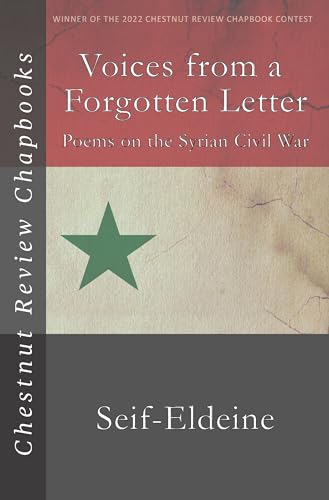Seminar paper from the year 2007 in the subject English Language and Literature Studies - Literature, grade: 1,0, University of Paderborn, 19 entries in the bibliography, language: English, abstract: As history is inevitably constructed, fact and fiction lay very closely together. Furthermore, history cannot be but a subjective notion since every person, including historians, has different experiences and interests. Thus, the history of a place or an event is similar to a layer cake: it consists of the memories of all people who are in some way involved. This is the motif of the two works presented in this analysis: City of the Mind and London: A Biography. The layer cake in both Penelope Lively’s novel and Peter Ackroyd’s historical tract is London. Lively discovers the many strata of the capital by following the main character of her novel, Matthew Halland, around London. Ackroyd’s work is as non-fictional as history can get. Similarly to Lively’s novel, his structure, however, is not chronological but thematical. On the basis of these two works, a novel and a non-fictional text, this paper pretends to refute the idea of a static history and show in what way Lively’s and Ackroyd’s London is a ‘city of the mind’ consisting of layers. To get a better understanding of historiography and its controversies, I will first give a short theoretical overview over the subject. The next step will be to present the authors of the works in order to show their familiarity with history. The subsequent analysis of the representation of London will focus on the idea of London as a layer cake as it manifests itself in both Lively’s novel and Ackroyd’s book.


